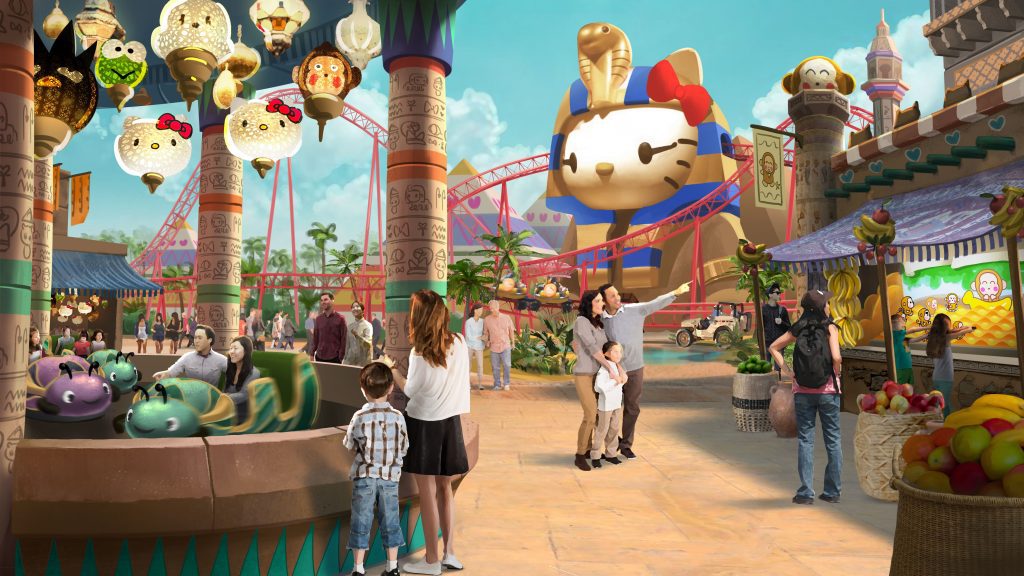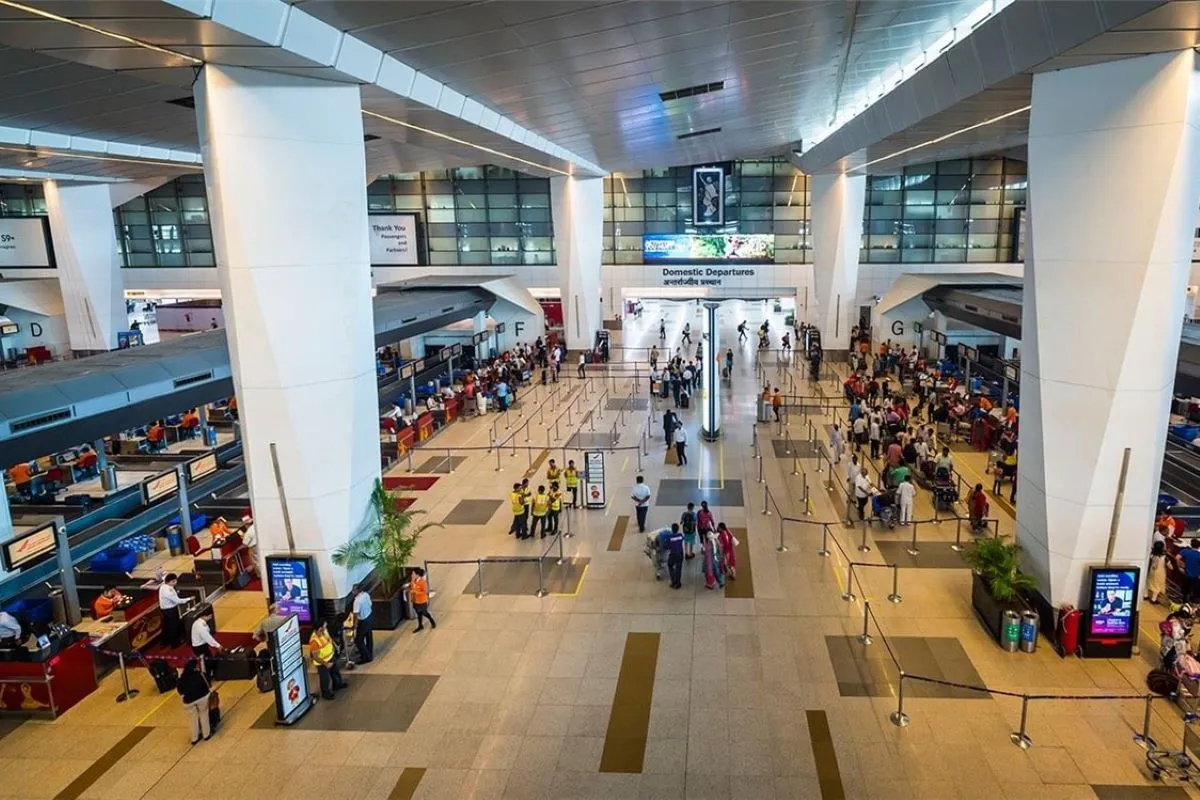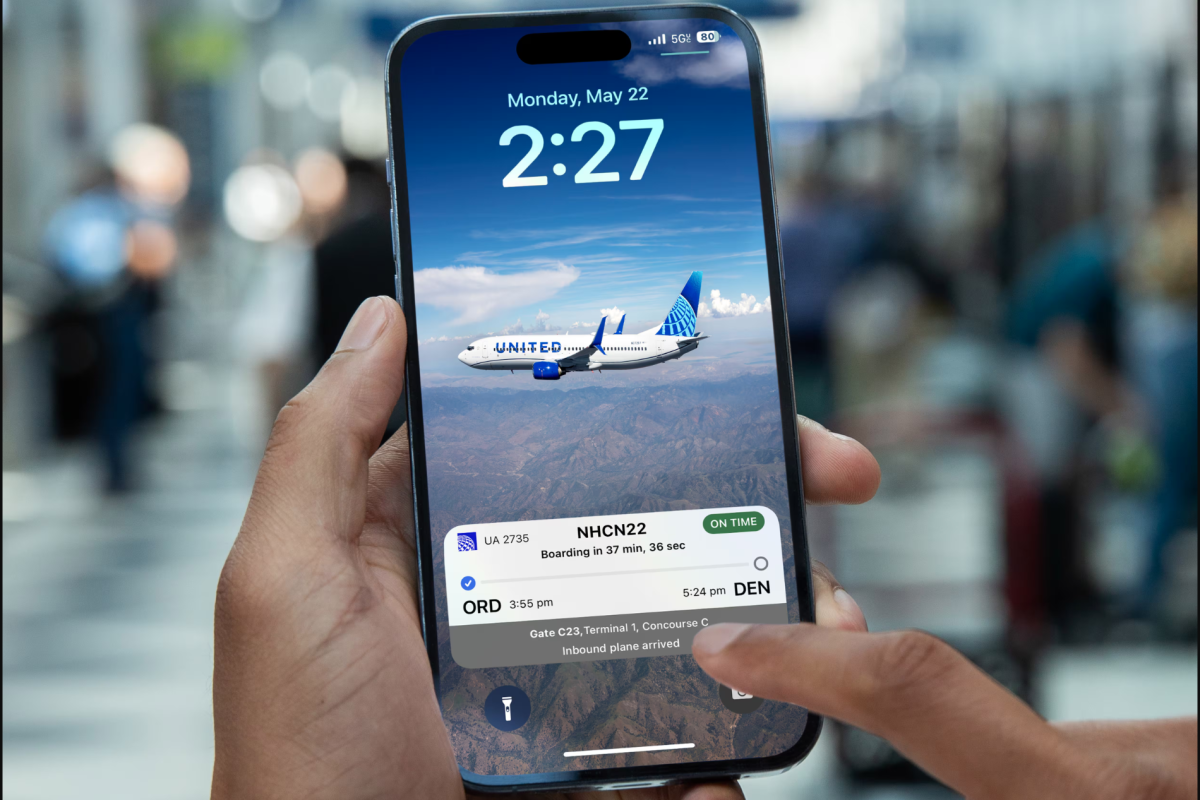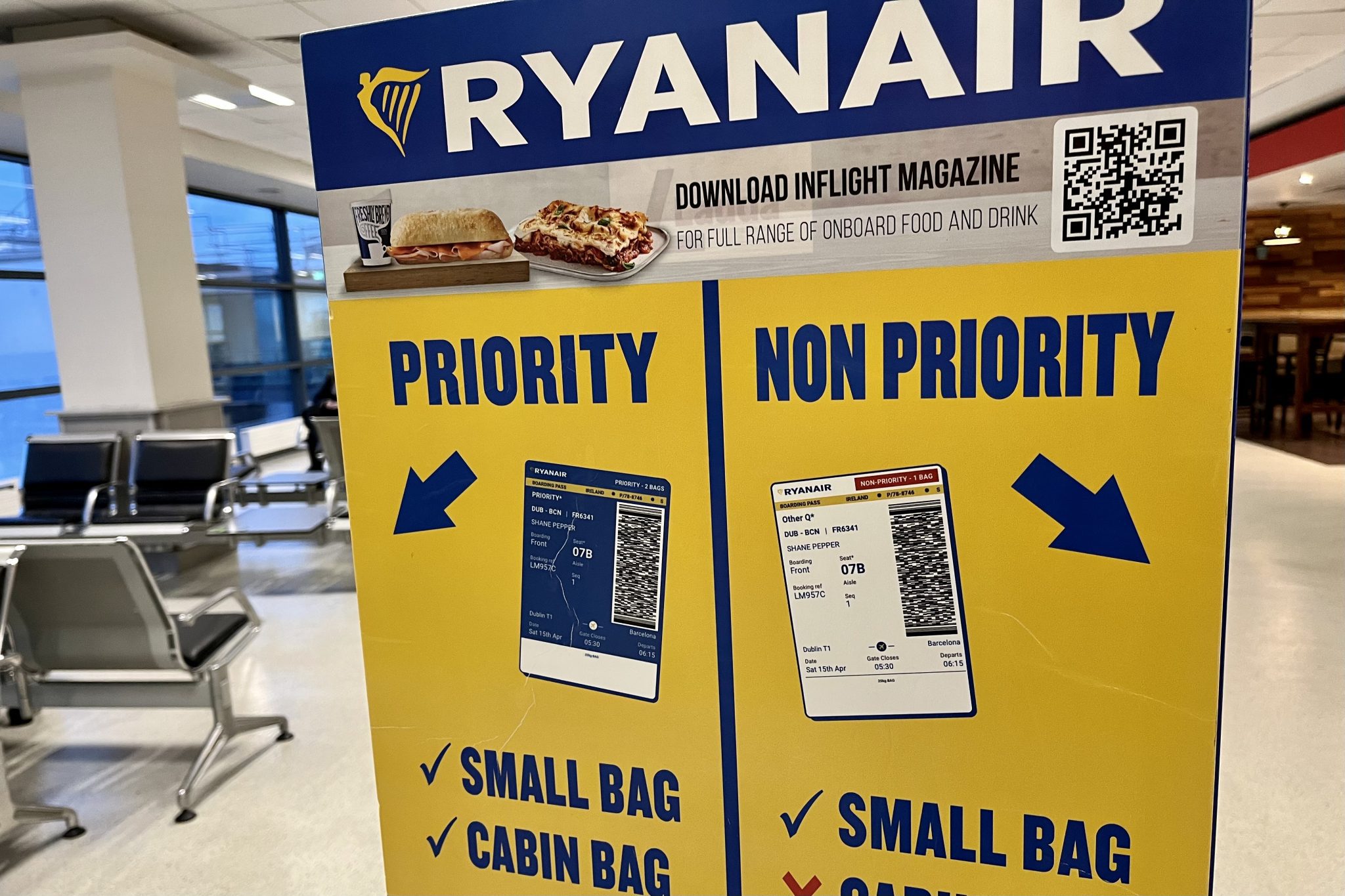FILA, Toy Story, and Hello Kitty Latest to Jump on Hotel Branding Trend

Skift Take
When the pandemic brought about the loss of interacting in-person with your favorite brands, many loyal customers surrendered retail shopping and indoor dining experiences. But emerging from that drought, the hospitality industry is seeing an increasing number of consumer brands leveraging the lack of physical business and investing into a new sort of experiential marketing — their own hotels.
In 2020, Skift identified as a megatrend the rush by consumer brands into the hotel business. Today, despite a pandemic, consumer brands are continuing to dive into the hotel sector for a slew of reasons, the first being to appeal to a new audience that they’ve never catered to before. Some recent entrants include FILA, Toy Story, Hello Kitty and Bvlgari.
“In terms of per capita spend on travel, the millennials are catching up to the Boomers,” said Chekitan S. Dev, a tourism professor at Cornell University. “But there is also a supply imbalance of hotel brands that appeal to the millennial.”
A rapidly growing movement is taking place among legacy hoteliers and consumer brands alike, in hopes to appeal to a younger crowd who is technology and design savvy but still wants to pay reasonable prices, according to Dev.
“Consumer brands are looking to rework their brand image in an immersive and experiential way,” said Dev. “They are focusing on the millennial market by emphasizing off-beat and accessible locations, modern and comfortable design, smaller and more functional rooms, fewer and targeted amenities, cutting-edge and easy-to-use technology, fun and hospitable service, and multi-functional public spaces.”
While some companies are attempting to target new audiences, others are working to keep loyal ones.
“For most brands, it’s being able to connect with your consumer on a different level,” said Kirk Pederson, president of Sightline Hospitality. “Offering your consumer a place to lay their head at night is more intimate than other ways of connection, it’s at the heart of someone’s ritual.”
Although legacy hotels and hoteliers are still drowning in aftermath of the pandemic on hospitality, some of these consumer brands aren’t as concerned. Evo, an outdoor sporting goods and retail company that recently opened an adventure hotel in Salt Lake City, had sales that thrived during the pandemic and viewed this as another opportunity to gain brand exposure.
“Many of these brands had projects that were years in the making,” said Pederson. “To say that there is no concern [of Covid] is probably too far, but they don’t look at it the same way hoteliers or investors would. There’s another angle.”
The industry observed a surge of consumer brands pushing into the hotel sector back in 2020, but 2022 brought a new bout of brand innovation in hotels. Here is a list of branded hotel experiences to expect in the coming years:
FILA
Hyatt has unveiled plans to partner with ANTA Group to open the world’s first FILA-branded hotel. With over 100 years of history, the global sports brand is hoping to appeal to high-end consumers by fusing elements of fitness and fashion.
FILA HOUSE Shanghai will be developed in Shanghai’s West Hongqiao Business District, an area established as a center of international trade, with a vibrant community of business and industry. According to a statement by Hyatt, it “is envisioned to be a destination for sports retail as well as a space to showcase the latest trends in sports apparel.” This partnership marks yet another addition to the JdV brand by Hyatt portfolio and is expected to open doors to guests in 2024.
Hello Kitty

Hyatt also recently announced plans for the first Hello Kitty-branded hotel, set to open in 2025 as part of the 52-acre theme park Sanya Hello Kitty Resort. The resort, developed in collaboration with Hong Kong-based Keyestone Group, will be located in Sanya, the popular resort town in the southern province of Hainan.
Another product of Hyatt’s JdV portfolio, this 221-room hotel will feature spaces adorned with the iconic Hello Kitty design and will offer facilities including three signature restaurants and bars, a themed ballroom, swimming pool, and spa.
Toy Story
On April 5, Tokyo Disney Resort finally opened doors to the new Toy Story themed hotel, after a long-awaited delay due to the pandemic. With 595 guest rooms and 11 stories, this hotel is one of five themed-resorts on the Tokyo property, but the first to be based on a single movie and labeled as a “moderate-class” resort. The new addition follows its Chinese predecessor, the Toy Story Hotel located in the Shanghai Disney Resort, which opened in 2016.
This isn’t the first time we’ve heard of accomodations at places like Disney, but previous options stayed in the realm of resorts, isolated lodges, themed rooms, or exclusive suites. These newer hotels are not only branded to a very specific single theme, but are more loyal to the familiar hotel experience.
Bvlgari
Jewelry house Bvlgari isn’t the only luxury brand we’ve seen delve into the hotel and hospitality world. Palazzo Versace, in Australia's Gold Coast, was the first hotel to be launched by a fashion brand in 2000. In 2016, The Armani Hotel Dubai was named as the winner of the The World Luxury Hotel Awards, and many luxury brands, like Dior and Shiseido, have showcased collaborations with hotels to offer branded suites or spas to their guests.
However, Bvlgari’s Hotels and Resorts is looking to take it a step further and be a leader in luxury hospitality by continuously announcing their commitment to expansion. Last December, Bvlgari opened Bvlgari Hotel Paris as the seventh installation of the Bvlgari Hotels & Resorts collection. The Bvlgari Hotel Moscow is set to open this year, which will soon be followed by Rome and Tokyo in 2023, then Miami Beach in 2024, and Los Angeles in 2025.
Atari
In early 2020, gaming company Atari announced a partnership with leading innovation agency GSD Group to prepare Atari Hotels, “a modern hospitality experience inspired by gaming culture”. The hotels, which will look like a synthetic but immersive gamer’s fantasy, are meant to let guests experience the timeless world of classic and modern gaming culture, produced by a multidisciplinary team hoping to intersect elements of esports, entertainment, and hospitality.
The flagship, which is set open this year in Las Vegas, will be designed by globally-renowned architecture and design agency Gensler. It will have close to 500 rooms, in addition to potentially-residential penthouses.




